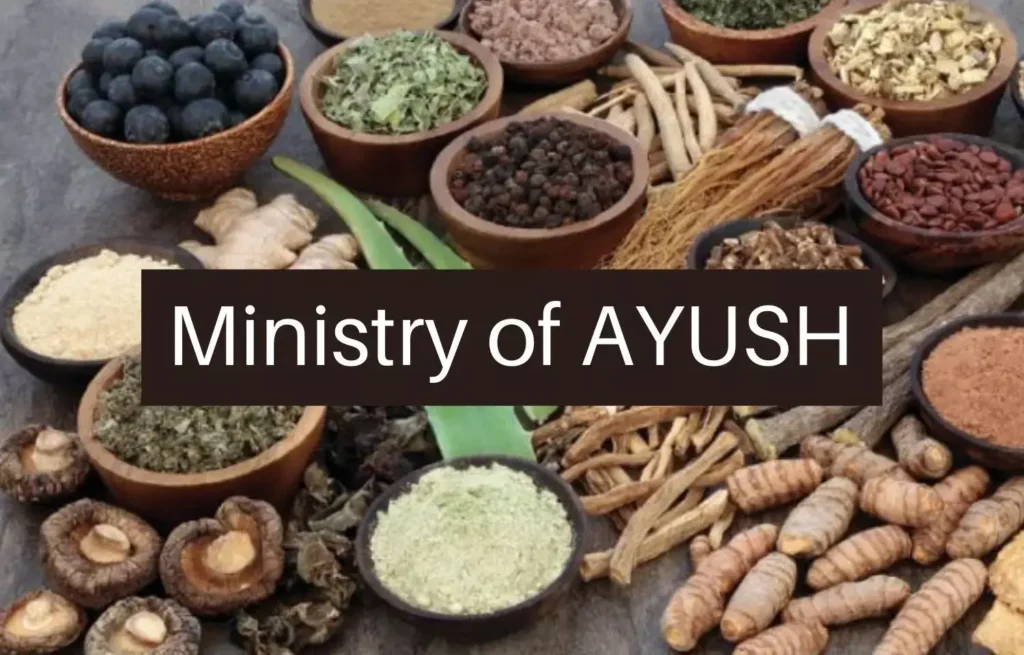
Bhopal: The closing ceremony of the two-day pre-Lokmanthan was held at Avriti Bhavan in Indira Gandhi rashtriya manav sangrahalaya Bhopal. The Chief Guest of the program, Higher Education, AYUSH Minister Inder Singh Parmar while addressing the gathering said that in today’s era, these traditional medicines are facing a new challenge. Despite having direct evidence of indigenous treatment methods by tribal Vaidyas, doctors related to health do not accept them If you ask any illiterate man in the village, he will tell you about the essential qualities of trees and plants. Here, despite having direct evidence, it does not get recognition. This traditional knowledge which has been passed down from generations is being followed till date. Our ancestors have done research. The scientific approach of that time has vanished. But it is still present in tradition. Allopathy cannot solve the health problems of any country. It is important to recognize tribal Vaidyas and their medicines.
While presiding over the programme, Prafull Kelkar said that healthcare is not easily available and even where it is available, people ignore primary health care and go for super-speciality services as these services are unaffordable. We do not have a holistic approach to health care. The concept of health care not being accessible, not being affordable, not being integrated and not being holistic is not good for any country Currently, the Government of India is focusing on health through Ayushman Bharat and One Health Mission, this is a new step. Museum Director Professor Amitabh Pandey said that tribal communities consider forests as their life. In developing countries where one-third of the population does not have access to essential medicines, these safe, effective traditional medicines can become an important means of promoting health care as an alternative solution.

